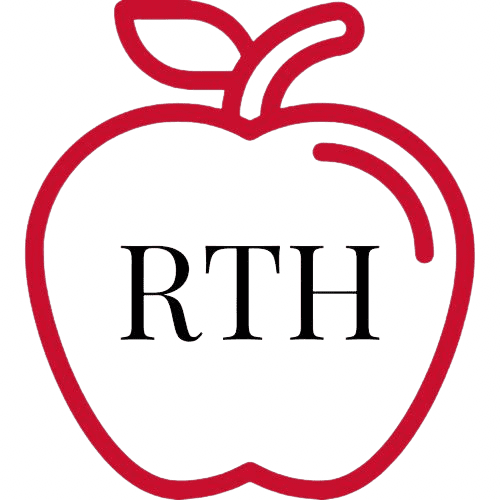Are you tired of battling sugar cravings and feeling like they have the upper hand in your quest for a healthier lifestyle?
Fear not! In this blog post, we’re diving deep into sugar cravings and providing effective strategies to beat them, along with a critical look at “no sugar added” products that may not be as innocent as they seem.
Reasons Behind Our Sugar Cravings
Dopamine –
When we consume sugary foods, the brain releases dopamine, a neurotransmitter associated with pleasure. This dopamine release creates a positive association with sugary treats, leading to a desire for more. Instead of refined sugars, experiment with natural sweeteners (See below for an example!).
Emotional Eating –
Sometimes, we turn to sugary snacks not because of genuine hunger, but as a response to emotional triggers like stress, boredom, or sadness. Recognising emotional eating patterns can help us distinguish true hunger signals from emotional ones and develop healthier coping mechanisms.
Unbalanced blood sugar levels –
Consuming sugary foods causes rapid spikes in blood sugar levels, followed by crashes, which can trigger more cravings. To stabilise blood sugar, opt for balanced meals that include a combination of complex carbohydrates, healthy fats, and lean proteins.
Poor sleep –
Poor sleep can disrupt hormone regulation, including those related to appetite and cravings. Aim for 7-9 hours of quality sleep each night to support overall health and reduce the likelihood of reaching for sugary snacks to compensate for fatigue.
Lack of protein & fibre –
Protein and fibre-rich foods promote satiety and slow down the absorption of sugars in the bloodstream. Incorporate sources like lean meats, legumes, nuts, seeds, and vegetables into your meals to help keep cravings at bay.

Unmasking Sugar Alcohols
Sugar alcohols are commonly used as sugar substitutes in various “sugar-free” or “low-sugar” products.
While they provide a sweet taste with fewer calories than regular sugar, there are some drawbacks and potential side effects associated with their consumption:
-
Gastrointestinal Distress
-
Impact on Blood Sugar
-
Laxative Effect
-
Unpleasant Aftertaste
-
Possible Impact on Gut Microbiome
-
Tooth Decay Risk
Moderation and being mindful of your body’s response are key when incorporating sugar alcohols into your diet.




